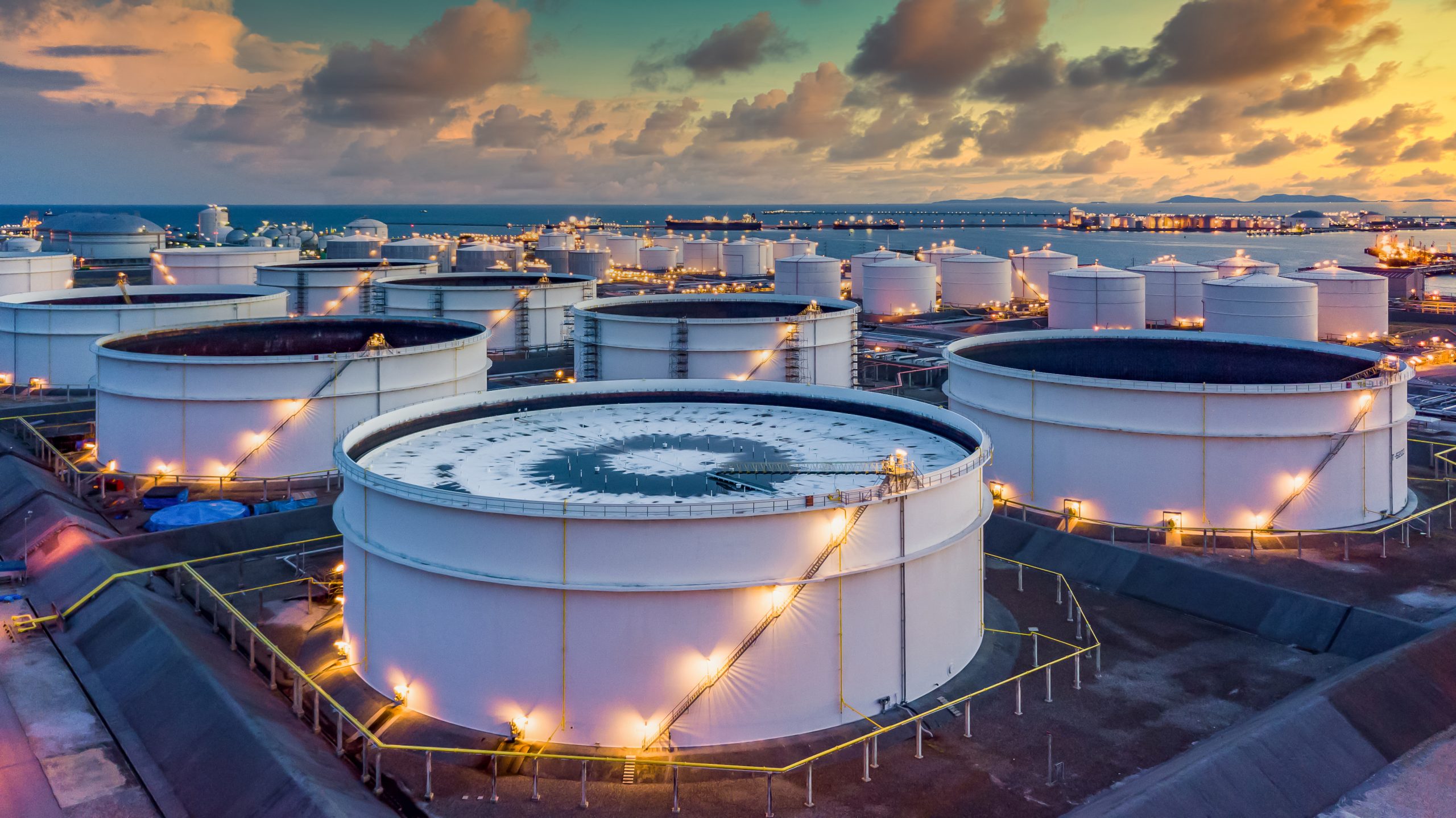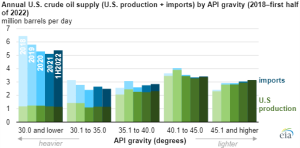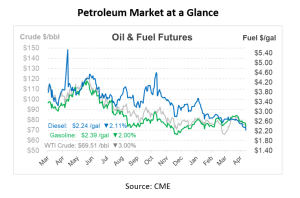
What is it – American Petroleum Institute (API)
Whether you’re a consumer looking to understand the quality of fuel and lubricants or an industry professional seeking to stay updated on the latest innovations and safety practices, the American Petroleum Institute, or API, can help. API’s influence spans the entire energy sector, from the development of industry standards to advocating for policies that strike a balance between environmental protection and economic growth. Today, we’ll look at the API and its contributions to the oil and natural gas industry.
What is the American Petroleum Institute?
The American Petroleum Institute (API) is a trade association representing the United States oil and natural gas industry. Founded in 1919, its primary mission is to promote the interests of its members, which include oil and gas producers, refiners, marketers, pipeline operators, and service and supply companies. With close to 600 members, the American Petroleum Institute represents the majority of the United States’ energy producers, processors, and distributors. Throughout its century-long existence, API has established over 700 standards aimed at promoting operational and environmental safety, efficiency, and sustainability within the industry.
Industry Regulations and Standards
API plays a significant role in developing industry standards, guidelines, and best practices to ensure the safe, efficient, and responsible production, refining, and transportation of oil and natural gas products. The organization is well-known for its API standards, which cover a wide range of topics, including drilling, production, refining, pipeline transportation, and equipment manufacturing. These standards apply to everything from DEF product quality to safe rig equipment standards.
In addition to developing standards, API conducts research, advocates for pro-oil and gas policies, and provides various training and certification programs to support the industry’s workforce. The API also publishes statistical reports on industry production, imports, exports, and other relevant data.
One of the most recognized contributions of API is its API gravity scale, a standard measurement system used to determine the density or specific gravity of crude oil and petroleum products. The scale allows for the classification of crude oils and helps in determining the appropriate refining processes and transportation methods. The API gravity scale is calculated in terms of degrees and is computed as degrees API = (141.5 / sp.gr.60 deg.F/60 deg.F) – 131.5.
As you can see in the government-published chart below, the API gravity scale is used heavily in the industry to determine crude oil supply density in degrees. This chart breaks down the difference in US production and imports to the country in terms of million barrels per day.

API Market Data
Beyond API gravity, the institute also publishes a weekly estimate of petroleum market stats including imports, production, and inventory changes, which are usually released on Tuesday evening. These API Weekly Statistical Bulletins are used as an early indicator of the EIA’s weekly petroleum report, published Wednesday at 10:30am, which covers much of the same information.
The API conducts surveys of industry participants to determine what happened that week in oil markets, and how much that caused inventories to rise or fall. These surveys are voluntary, so the report is not quite as authoritative as the EIA’s market data, but it still provides valuable indicative information that the market can use ahead of the EIA’s report.
In addition to its weekly report, which comes with a paid subscription, the API also publishes monthly economic and statistical updates to help keep the market informed.
API’s Role in Environmental Responsibility
API promotes environmentally responsible practices throughout the oil and gas industry. This is achieved through the development of standards, guidelines, and best practices that emphasize environmentally friendly practices and minimize the industry’s environmental impact. Such regulations include emissions control, waste management, and spill protection that reduce pollution and minimize adverse effects on the environment. By sharing industry knowledge and experience, API helps its members identify and implement effective methods for reducing their environmental footprint, conserving natural resources, and mitigating potential risks associated with their operations.
API collaborates with various stakeholders, including government agencies, environmental organizations, and industry partners, to address environmental challenges and identify opportunities for improvement. This cooperative approach allows for the sharing of knowledge and resources, ultimately leading to more effective environmental management strategies. Awareness of API guidelines can help fuel customers and workers to make informed choices and contribute to reducing the industry’s environmental impact.

This article is part of Daily Market News & Insights
Tagged:
MARKET CONDITION REPORT - DISCLAIMER
The information contained herein is derived from sources believed to be reliable; however, this information is not guaranteed as to its accuracy or completeness. Furthermore, no responsibility is assumed for use of this material and no express or implied warranties or guarantees are made. This material and any view or comment expressed herein are provided for informational purposes only and should not be construed in any way as an inducement or recommendation to buy or sell products, commodity futures or options contracts.





